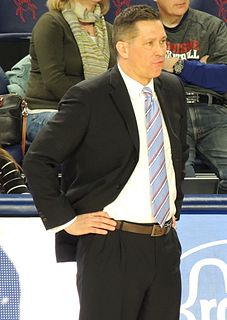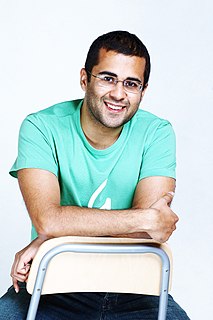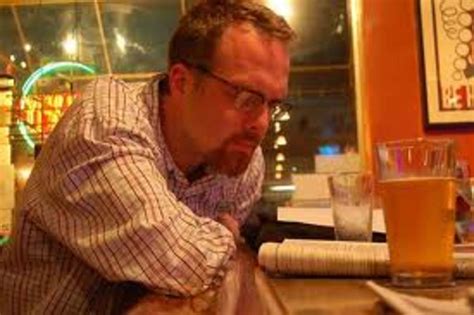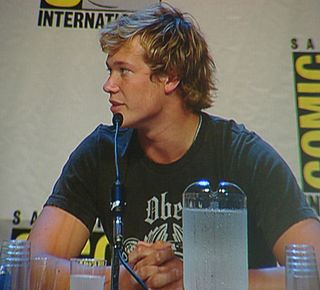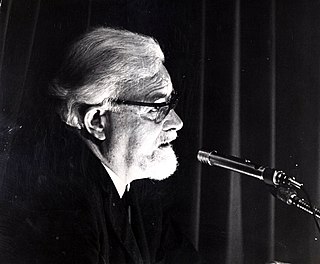A Quote by Dan Burt
The experience taught me that the essence of a Cambridge education centers on two questions: What does it mean? How do you know?
Related Quotes
For me, writing is an experience. It's an exercise in which I want to discover myself by taking my characters to the edges of human experience, to the edges of themselves and then, asking certain questions - about love, what does it mean to love? What's beauty? What is true beauty? What does it mean to be insane - crazy?
I gravitate toward the larger worldview questions such as, Why are we here? What are we supposed to be doing? What does it mean to know another person? To love someone? Of course, those questions are sort of in the background as I'm playing with language in the foreground, but those are the informing questions.
Maybe the truth does not matter, but I want to know it if only so that I can come to some conclusions about such questions as: whether he is angry with me or not; if he is, then how angry; whether he still loves me or not; if he does, then how much; whether he loves me or not; how much; how capable he is of deceiving me in the act and after the act in the telling.
I must say what I admire most is the person who masters an area of practical experience, and can teach me something. I mean, my local midwife has taught me how to keep bees. Well, she can't understand anything I write. And I find myself liking her, may I say, more than most poets. And among my friends I find people who know all about boats or know all about certain sports, or how to cut somebody open and remove an organ. I'm fascinated by this mastery of the practical.
I am looking forward very much to getting back to Cambridge, and being able to say what I think and not to mean what I say: two things which at home are impossible. Cambridge is one of the few places where one can talk unlimited nonsense and generalities without anyone pulling one up or confronting one with them when one says just the opposite the next day.
I think in light of the other two registers that you mention, there's also that moment. I mean, to what degree do we begin to take education seriously about the production of a subject in which questions of individual and social agency are linked to democratic possibilities?
And so for me, there are three registers there that we need to address.
That education should be regulated by law and should be an affair of state is not to be denied, but what should be the character of this public education, and how young persons should be educated, are questions which remain to be considered. As things are, there is disagreement about the subjects. For mankind are by no means agreed about the things to be taught, whether we look to virtue or the best life. Neither is it clear whether education is more concerned with intellectual or with moral virtue.
My experience came before most of you were born. My school was a state school in Leeds and the headmaster usually sent students to Leeds University but he didn't normally send them to Oxford or Cambridge. But the headmaster happened to have been to Cambridge and decided to try and push some of us towards Oxford and Cambridge. So, half a dozen of us tried - not all of us in history - and we all eventually got in. So, to that extent, it [The History Boys] comes out of my own experience.
